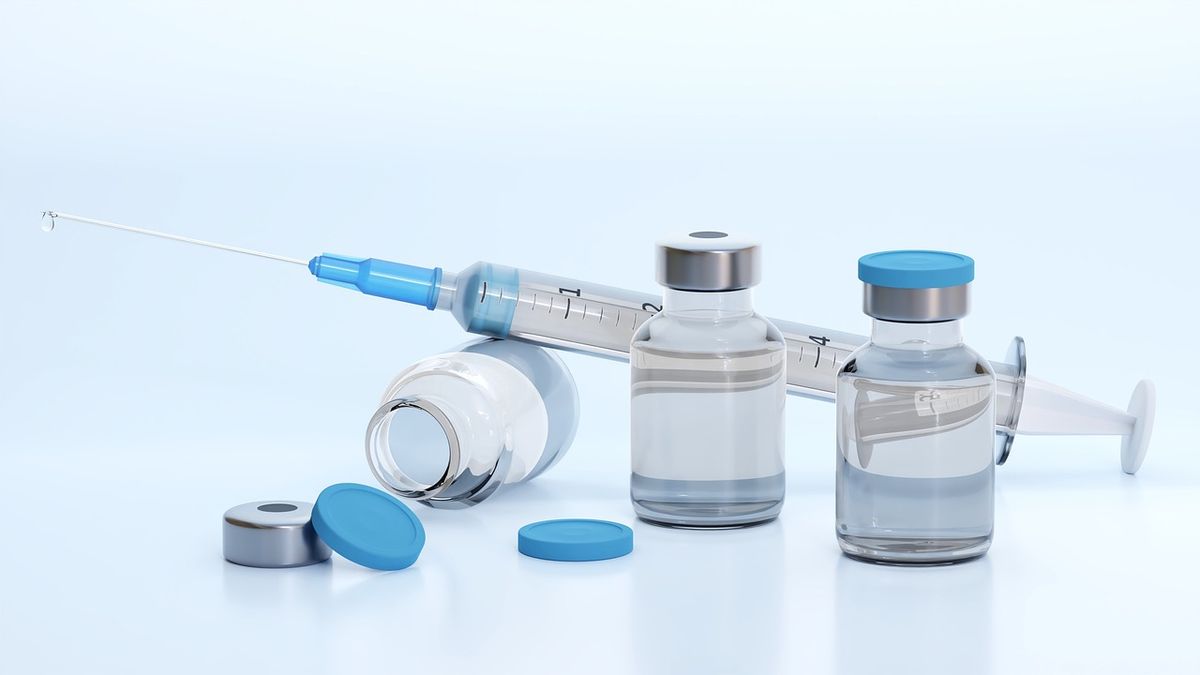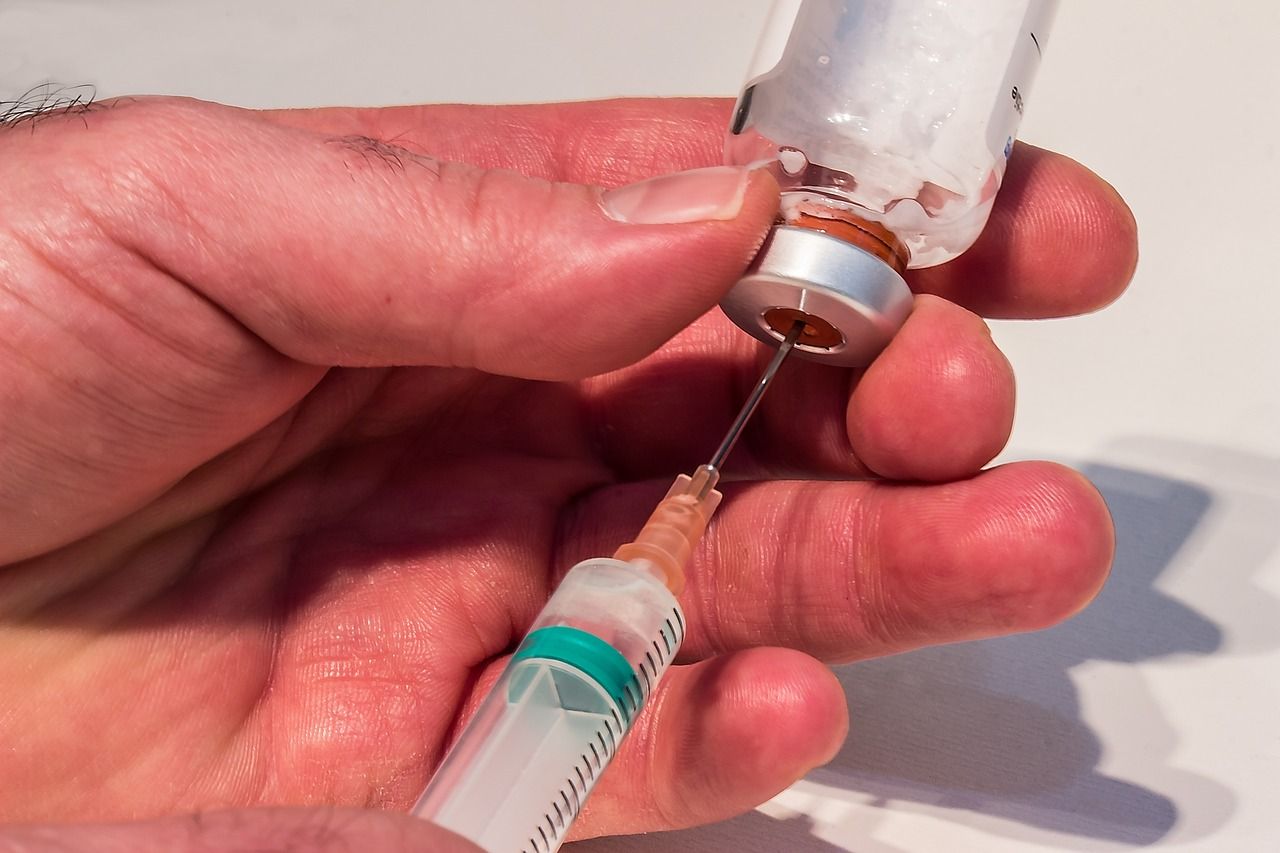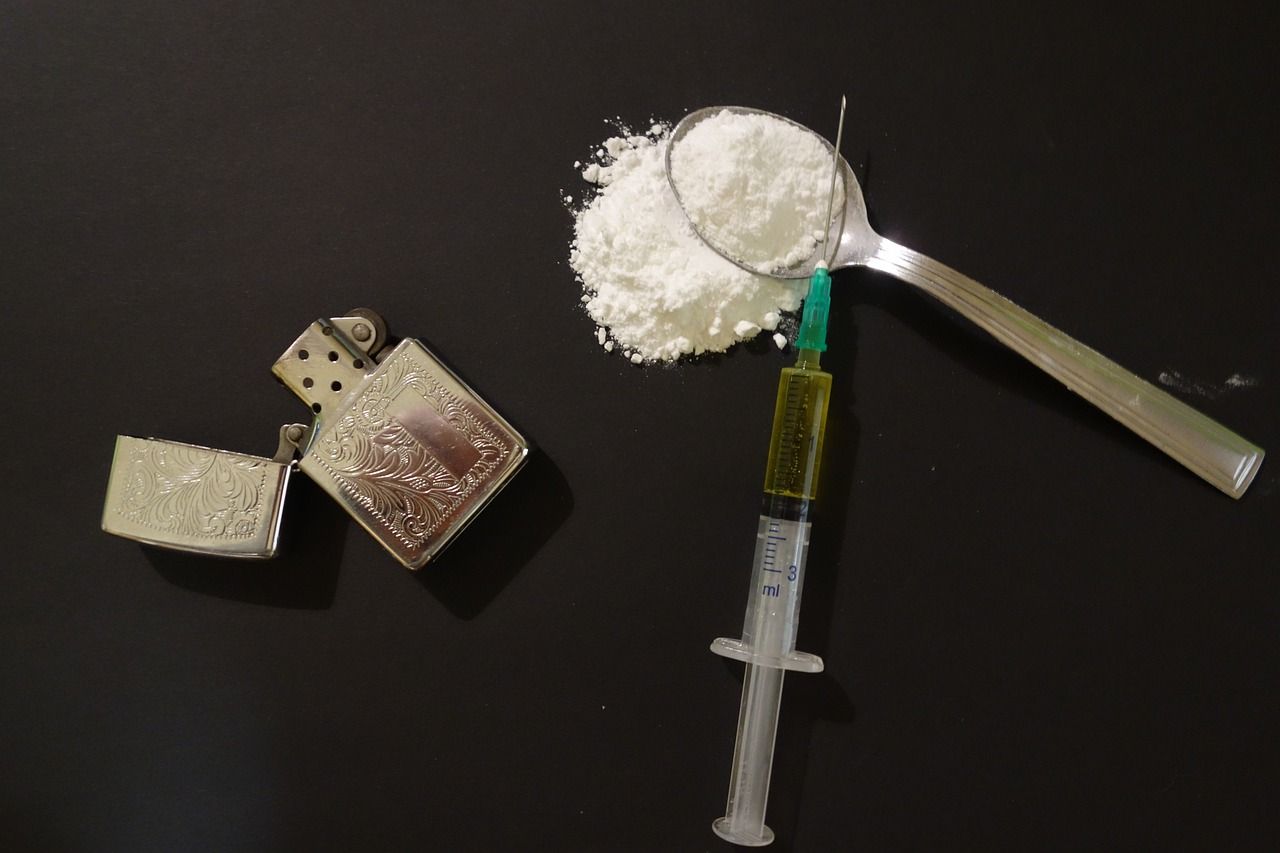Is Ketamine Addictive?
That’s a question that is often asked as individuals are exploring ketamine therapy for depression and other mental health disorders, as well as those exploring ketamine therapy for their migraines or chronic pain conditions.

That’s a question that is often asked as individuals are exploring ketamine therapy for depression and other mental health disorders, as well as those exploring ketamine therapy for their migraines or chronic pain conditions.
Ketamine is gaining fast notoriety with our countries, young population.
COVID and lockdowns have negatively impacted our youth. I was surprised to learn that in 2020, 1.3% of 12th graders, seniors in high school, were found to have misused the drug for recreational purposes. Sadly, this was an increase of was at up almost 50% from only a year prior.
The psychoactive effects of ketamine have made this as an addition to the party scene, with drugs like rohypnol and GHB.
The Misuse of Ketamine

I'd like to mention here, the use of use of ketamine that is not prescribed under the direction of an appropriate health care professional can be considered misuse.
Abuse of ketamine can be taking ketamine that is not ordered by you health care provider, it includes taking more ketamine that is prescribed, or taking ketamine more often that prescribed.
The addition to ketamine is often a psychological dependence. Simply put, individuals feel that they need to take ketamine to address the day to day’s stresses of life.
I’ve made you aware what defines the misuse of ketamine. I want to define withdrawal experiencing negative symptoms if an individual tries to cut down or stop using ketamine.
Can You Build Tolerance to Ketamine?
The next term I was to define is tolerance. Tolerance occurs when you need more and more ketamine to get the same feelings of euphoria. Tolerance and withdrawal occurs with alcohol, opioids and even traditional antidepressants.
Let's talk about that.
What to know about ketamine use. I've done a previous podcast of what is ketamine? I'll briefly touch on it here.
What is Ketamine?
Ketamine is a medication with many potential benefits for the treatment of severe depression with treatment resistance. As well as other mental health disorders.
Ketamine was first used in medical procedures for anesthesia in the 1960s. It has also been successful in the treatment of psychotic symptoms in schizophrenia, treatment of depression, and treatment of addiction. The irony here is that ketamine itself is a commonly misused drug.
Ketamine FDA Approval

The FDA first approved ketamine for its anesthetic properties.In March of 2019, the FDA recognized the antidepressant benefits of ketamine
Ketamine is a Schedule 3 drug. And, legally, is available by prescription. It is sometimes used off label for pain management. It also can provide sedative effects.
The ketamine is misused because its can produce a trance-like state in its users. Add to that it has the ability to create an out-of-body experience. It causes visual and auditory perceptual changes. Ketamine users report feeling complete bliss on ketamine. What people do not understand is that consuming high amounts of it can produce effects similar to a near-death experience.
What Does Ketamine Do?

Ketamine disrupts the senses, your judgment, and even motor function for up to 24 hours after use. Chronic pain patients receive high doses of ketamine over a period of 4 hours. They must be have one on one monitoring during that entire session. Their vital signs , blood pressure, heart rates and oxygen levels are constantly being monitored.
I think this is a good time to address how a ketamine overdose can occur. This should not occur in a clinical setting. Responsible and appropriate health care providers start at the lowest therapeutic level of ketamine the first time. Dosages will be increased, as needed in future sessions. Or if you are receiving IV, it can be adjusted as needed during each session.
Can a Ketamine Overdose Occur?

A ketamine overdose can occur taken in large amounts or when combined with other substances.
Because ketamine can be taken in liquid and powder form, or easily mixed with other stimulants, this increases the chance that a person consuming ketamine has little to no idea of how much they are actually taking.
There are some individuals that snort and inject ketamine. These are common ways to consume ketamine. These routes of administration permit quick entry of the substance into the bloodstream.
The present forms of ketamine on the street leaves plenty of room for excessive amounts of ketamine to be taken. These high amounts can lead to an overdose.
What happens when a person takes too much ketamine?
A person may have:
- Chest pain
- Extreme confusion
- Fluid or other objects in the airways
- Hallucinations
- High blood pressure
- Loss of consciousness
- Nausea
- Paralysis
- Seizures
Id like to note here that ketamine overdose do not often result in death, however large amounts of this drug can be fatal. Combining ketamine with other substances can increase the risk of death as well.
What are the Symptoms of Ketamine Addiction?

I'd like to remind you that Ketamine is a prescription medication. And it has demonstrated success in treating a multitude of mental health conditions, severe pain disorders and migraines.
Ketamine can be used safely and be very effective at treating some very challenging conditions. The important thing to remember is, ketamine therapy is safe, as long as its use is directed by the appropriate health care provider in the correct clinical setting.
Individuals that misuse ketamine can form a habit of continued misuse quickly.
As I discussed earlier, this occurs because of a tolerance has developed . Then, larger amounts of ketamine are required to produce the desired high.
Ketamine Addiction Symptoms

When a person becomes addicted to ketamine, the following signs may be observed:
- Chills
- Confusion
- Delusions
- Excessive salivation
- Low appetite
- Nightmares
- Paranoia
- Restlessness
- Seizures
- Shaking
- Sweating
- Tiredness
- Unexplained bruises that occur during intoxication
- Watery eyes
Individuals addicted to ketamine are unable to function in daily life activities. As with most substances abusers, misuse results in disruptions of work, school, and personal relationships.
The treatment for ketamine addiction will involve withdrawal.
Symptoms of ketamine withdrawal can include:15
- Anxiety
- Chills
- Cravings
- Lack of appetite
- Low mood
- Rapid heartbeat
- Restlessness
Treatment for ketamine addiction often involves psychotherapy, such as cognitive-behavioral therapy (CBT), motivational enhancement therapy. It should also include family or group therapy.
Cognitive Behavioral Therapy (CBT) assists with changing the thought patterns that play a role in supporting addiction. It can also help develop new coping skills and ways of thinking.
Rehabilitation centers can help with different treatment options, detox programs, and other necessary assistance for overcoming dependency.
No medications have been FDA-approved in the treatment for ketamine addiction. Doctors may prescribe various other medications to help treat the side effects like nausea as well as treat and co-occurring mental health conditions. Hospitalization may be required to manage serious withdrawal symptoms.
Where possible, the support of friends and family is also fundamental when recovering from ketamine addiction.
The big takeaway on is ketamine addictive is it can be.if misused. The best way to avoid a ketamine addiction is to only use ketamine as directed . It should be provided by a qualified health care professional in an appropriate treatment setting.





